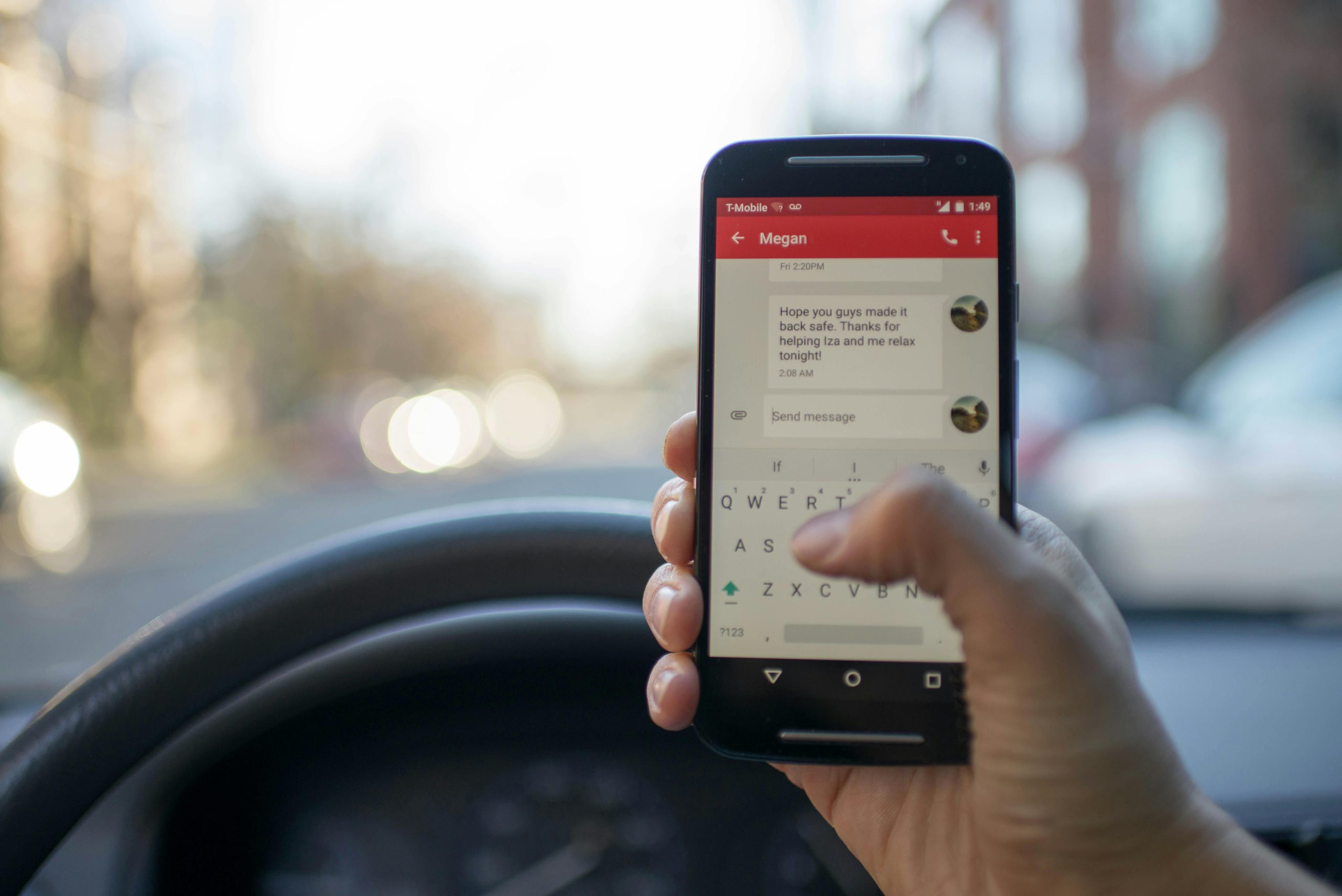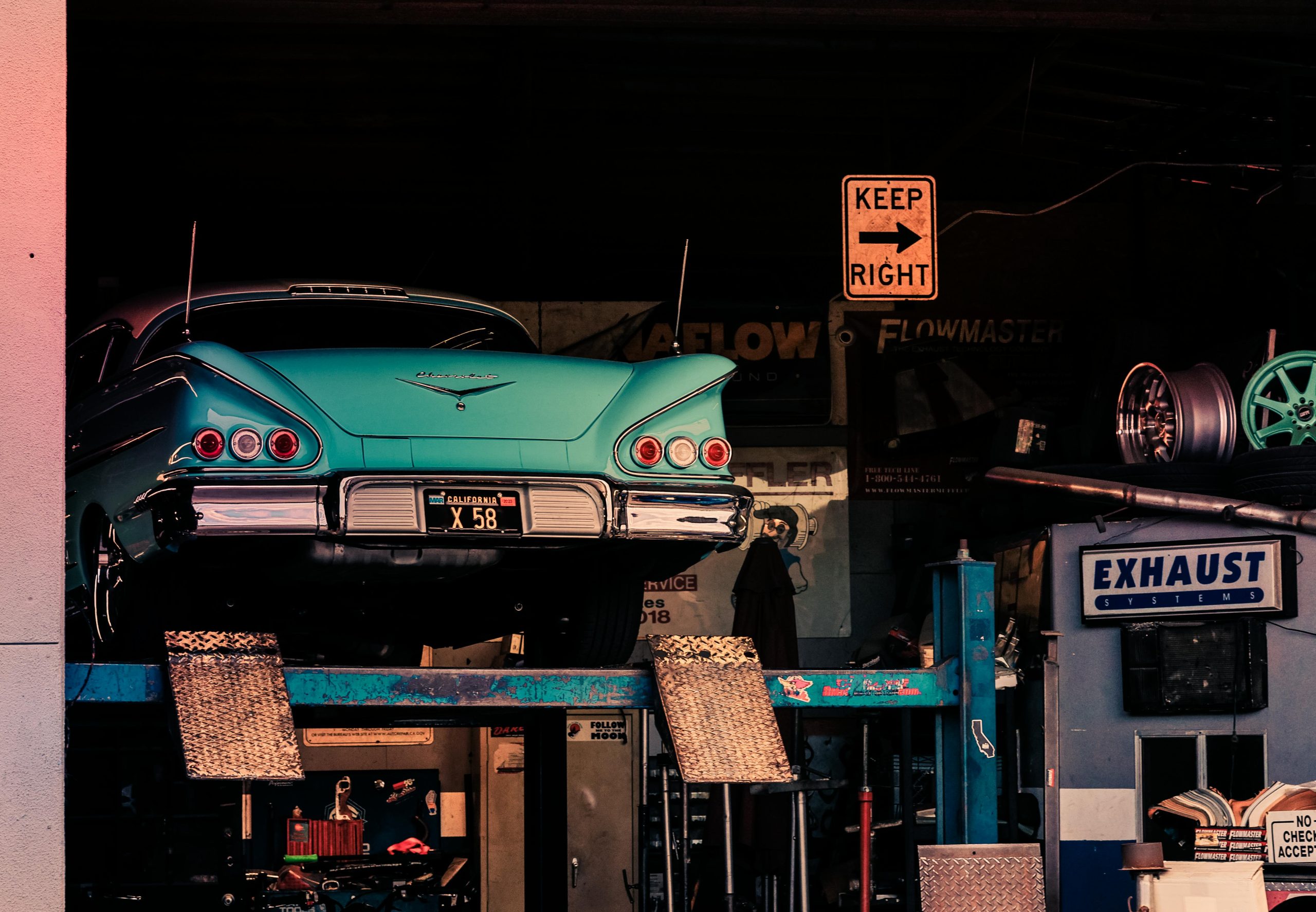Understanding Responsibility and Insurance Claims After an Unintended Vehicle Collision in Your Driveway
Encountering an unexpected vehicle collision on your property can be a stressful experience, especially when it involves personal vehicles and family members. Recent situations highlight the importance of understanding liability, insurance coverage, and how to navigate claims effectively.
Scenario Overview:
Imagine living with your significant other and their adult son. One day, while parked in your driveway, your partner’s son, driving his vintage 1974 Ford F-100, accidentally rolls backward after exiting the vehicle, colliding with your 2017 Ford Expedition. The incident is caught on security cameras, showing the young man stepping out of his truck just moments before the rear-end impact.
Damage Assessment:
Your Expedition, valued at roughly $12,000 to $14,000, has sustained significant damage, including a flat tire, damaged bumper, headlight, and possibly more extensive issues affecting aftermarket wheels, tires, and suspension components. Meanwhile, his truck only has superficial scratches.
Insurance Considerations:
You’re covered under a broadened collision policy with a $1,000 deductible. Given the extent of your damages, it’s clear that your insurance could be involved. However, questions arise:
- Who is liable if the vehicle was stationary but the driver had exited?
- Would homeowner’s insurance coverage apply in this situation?
- Could this be considered an act of negligence or a random accident?
Financial Implications:
It’s essential to evaluate which coverage will lead to a better financial outcome. Filing a claim through your auto insurance might help resolve the damages promptly, but it could also impact your premiums—especially since the driver has multiple prior at-fault incidents within a short timeframe.
On the other hand, homeowners insurance generally doesn’t cover vehicle damage unless it’s linked to broader property damage, so auto insurance is typically the appropriate route in such cases.
Repair Strategies:
Depending on your priorities, you might choose to fix the vehicle to be safe and roadworthy rather than restoring it to pristine condition. This approach could save money but may leave your Expedition in a less-than-perfect state, affecting its resale value or appearance.
Emotional and Financial Considerations:
As a vehicle enthusiast, maintaining the vehicle’s appearance and reliability is important. The incident is particularly frustrating given your efforts to keep the Expedition in good condition and avoid additional car payments.
Family and Community Dynamics:
While your son-in-law is generally a responsible young man, his driving record includes previous at-fault incidents, which may influence liability



